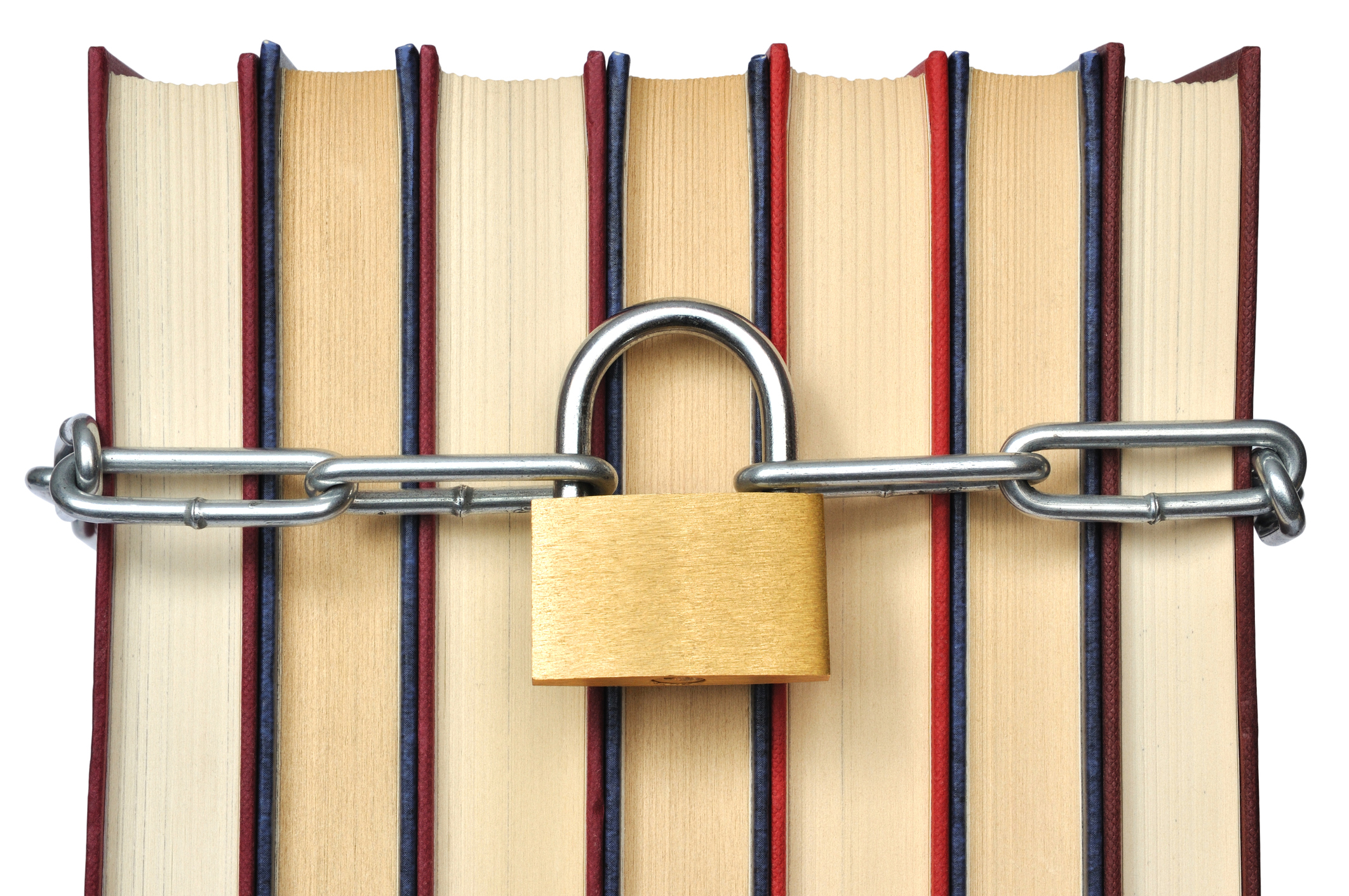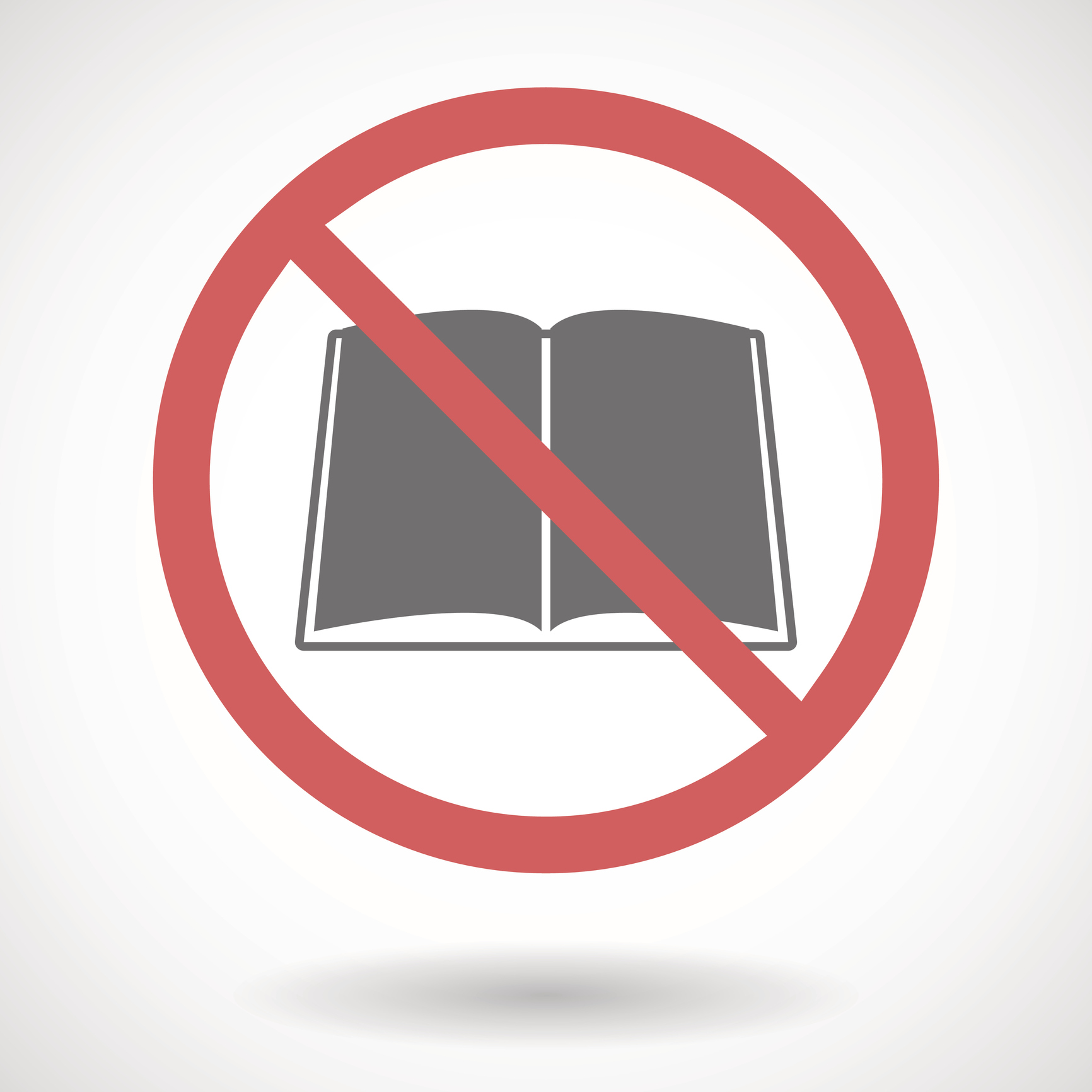Your Best Bets: What to do This Weekend (and Beyond)
News Based on facts, either observed and verified directly by the reporter, or reported and verified from knowledgeable sources.
Start celebrating St. Patrick’s Day, bake for Purim, enjoy sweet maple treats; and more.

Good morning! Today is Wednesday, March 9, and you are reading today’s section of Examiner+, a digital newsmagazine serving Westchester, Putnam, and the surrounding Hudson Valley.
Need to subscribe — or upgrade your Examiner+ subscription to enjoy full access to all of our premium digital content? Details here.

Nine books are currently under review in the Yorktown Central School District (YCSD) after formal complaints regarding the books’ content were made — joining a growing national trend attempting to ban books about gender, race, sexuality, and religion in schools throughout the country.
Of the nine books being reviewed in the YCSD, eight were in the Yorktown High School Library, and one was at Mildred E. Strang Middle School Library.
The books currently under review are Lawn Boy by Jonathan Evison, Out of Darkness by Ashley Hope Perez, Beyond Magenta: Transgender Teens Speak Out by Susan Kuklin, Jack of Hearts (and Other Parts) by L.C. Rosen, The Hate U Give by Angie Thomas, Gender Queer: A Memoir by Maia Kobabe, All Boys Aren’t Blue by George Matthew Johnson, The Bluest Eye by Toni Morrison, and Looking for Alaska by John Green. All were challenged on the basis of vulgarity.
Given many of the titles called into question deal with issues related to race and LGBTQ+ identity, parents and members of the Yorktown community alike have expressed concerns that the complaints predominantly target historically marginalized authors and their intended audiences and may be politically motivated.
“Here and now in our little town, books by Black authors, Latino authors, and LGBTQ+ authors are at threat of being banned,” Jeremy Newberger, a Yorktown parent of two children in the district, said during public comment at a February Board of Education (BOE) meeting.
When Newberger’s daughter read The Hate U Give, he shared that she loved it, and it inspired her in a way a book — especially one from a perspective that varies from your own — can and should.
“She did not then decide to hate police after reading it,” Newberger said. “She learned a perspective of people that feel unfairly targeted by police, and she learned empathy.”
Despite these books being deemed valuable and with educational merit by librarians, Newberger said they are now being called degenerate, pornographic, cop-killing, or sex-deviant by those who oppose them, alluding to one hyperbolic Facebook post that surfaced on the topic.
“Make no mistake, it’s a campaign,” Newberger continued. “This is not some random Yorktown parent stumbling upon a book in the library and saying, ‘let’s review it,’ there’s a movement to ban and burn, and it’s partisan and ugly.”
A time-out
Following the formal complaints, the district began the process of reviewing the books, guided by BOE Policy No. 1420-R, which states that if a complaint cannot be resolved informally, a committee of teachers, administrators, and a library media specialist will review the books and recommend a decision to the superintendent. From there, the superintendent makes a decision.
Should the individuals who made the complaints not be satisfied with the decision, they can appeal to the district.
“The Yorktown Central School District is committed to having diverse authors and perspectives represented in its school libraries,” the district said in a statement to Examiner+. “When a community member or parent raises a formal objection to a book, however, Board of Education policy requires a thorough review to investigate those concerns.”
For this review process, the committee is composed of faculty, staff, and one community member, according to the district.
Members of the Yorktown community were also given the chance to participate. Until Feb. 11, individuals could volunteer to be randomly selected to read one of the books and participate objectively in any scheduled meetings held by the review committee.
On Feb. 14, Superintendent of Schools Dr. Ronald Hattar randomly selected eight individuals from 69 people who volunteered, using a random number generator. Eight alternates were also selected.
Dr. Hattar, in the video, said that eight books were under review, which is why eight individuals were selected, despite the list on the YCSD website, which has also been confirmed as accurate to Examiner+ by the district, having nine titles.
Marilyn Elie, a Cortlandt Manor resident and retired school librarian who worked in Yorktown for over two decades, says that Yorktown is following the procedure exactly as it should. Complaints, whether informal or formal, Elie says, must be taken seriously by librarians.
“Any librarian wants to try to understand the basis of the complaint,” Elie says. “These are people who are part of the community, and you want to serve everybody.”
However, what Elie says is being overlooked here is the fact that books — including the nine titles called into question in Yorktown — don’t end up in libraries randomly.
Instead, librarians select books deliberately, often working within tight budget constraints, to make sure a school’s library represents a diverse array of students’ needs, consulting books’ reviews as well as their content and context during the process.
School librarians, Elie explains, bring not only expertise about what’s in a library collection but also who the purchased book is intended for. A book deemed age-appropriate for a high schooler will not be suitable for a middle or elementary schooler — an important distinction to bear in mind when reviewing these books, Elie says.
“Before anything goes to a formal complaint, there needs to be a lot of education between educators and whoever is complaining,” Elie says. “[Saying] we chose this book to represent people who are in our community. I understand that you might be upset about it, but there are other issues that we need to consider.”
Right now, Elie says, she sees an increasing movement across the country to ban books, especially in local school districts. Often, these efforts are emboldened by anti-critical race theory (CRT) movements, which are currently sinking their teeth into neighboring districts.
In January, a school board in Tennessee voted unanimously to ban Maus, a Pulitzer Prize-winning graphic novel about the Holocaust. That same month, a school board in Missouri voted 4-3 to ban The Bluest Eye, which is also on the Yorktown review list.
Three of the most frequent LGBTQ+ titles that are banned are Lawn Boy, Gender Queer, and All Boys Aren’t Blue. Uncoincidentally, all three appear on the Yorktown list.
Elie says the American Library Association (ALA) has always dealt with banned books throughout history, but previously, it got to be a “sleepy affair.”
“[Now], they have never had so many complaints and fielded so many incidents,” Elie says.
According to an ALA report, there were 330 book challenges in the fall of 2021, an uptick from the same periods in recent years. The New York Times reported last month that parents, activists, school board officials, and lawmakers are challenging books at a pace not seen in decades.

The rise of book bans, according to free speech advocates, demonstrates one facet of a growing right-wing movement to employ levers of local or state government to restrict teachers’ speech and promote one ideologically-motivated vision of what students should learn about American history — a vision that directly opposes the CRT framework, which examines how policies and the law perpetuate systemic racism.
On the local level, this manifests in organized efforts to remove books from library shelves and school curriculums, often from conservative organizations like Save Our Schools and Moms for Liberty (both of which have chapters in Westchester County).
On the state level, there’s a widespread, deliberate push to pass legislation banning CRT, including in New York.
“Underneath, this is not really about a book,” Elie says. “[Being against] CRT, diversity, and equality are the building blocks, but racism is the foundation of the attack.”
Taking sides
At a February BOE meeting, many members of the Yorktown community voiced their concerns about the potential repercussions if the titles under review are ultimately removed, particularly for marginalized students’ mental health and sense of belonging.
“Many of the books under review are books about queer youth and youth of color,” Yorktown resident Jenna Jaramillo said.
Through these books, Jaramillo noted, students who may already feel like they are on the fringes of society can better understand their identities.
“These books give kids a way to connect with themselves or read in solidarity with others,” Jaramillo said. “In these books, there is power — I am reflected, I matter, I belong, and so do you.”
“These books may not be for everyone, but that’s the great thing about keeping them in the library: they are for someone,” Jaramillo continued.
Gary Stallings — a parent with two children in the Yorktown district who has also taught medical students about LGBTQ+ topics for 13 years at New York Medical College in Valhalla — spoke specifically on the importance of a book like Gender Queer, which he read ahead of the BOE meeting.
“Yes, there are some pictures that some parents may not appreciate for younger children, but the work in its entirety, to me, covered essential topics that someone who’s struggling [with their identity] would benefit from greatly,” Stallings said, noting that LGBTQ+ youth have a 35 percent chance of considering suicide compared to 18 percent for non-LGBTQ+ youth — demonstrating a clear need for an LGBTQ-affirming environment in schools’ curricula and materials.
“To have a book available for someone who needs it, despite some words and a couple of pictures that we don’t always appreciate, is worth that cost so that person can have something to relate to and grow up to be an adult with their own kids, maybe even in this community,” Stallings said.
Rachel Frederick, in addressing BOE members, referenced the 1982 Supreme Court case Island Trees School District v. Pico, which ruled that the First Amendment limits the power of junior high and high school officials to remove books from school libraries because of their content after a conservative parent group complained about eleven books, many of which were written by Black authors.
“Obviously history is repeating itself with conservative political operatives attempting to censor access to material regarding race and racism yet again and now LGBTQ+ content,” Frederick said.
Frederick asked that if the decision ultimately lands in Dr. Hattar’s hands, the district follows the guidance of Island Trees School District v. Pico.
“The outcome of that case determined that schools can remove materials deemed educationally unsuitable or pervasively vulgar,” Frederick said. “I would argue that non-required reading, of which there seems to be only one copy, would be impossible to classify as pervasive.”

Meg Michalack, who has three kids in the district aged five, eight, and 11, expressed concern that the books being reviewed are not appropriate for minors.
“I want to make clear that this is not about homophobia, transphobia, or anything anti-anything,” Michalack said. “This is not a banning issue but more an inappropriate content and rating issue for our youth, exposing them to content they’re not ready for.”
Of the nine books, eight were from the high school library, with the exception of Lawn Boy, making them unavailable to Yorktown’s youngest students.
Katie Schmidt-Fader highlighted that high school students in particular are smart enough and sufficiently capable to read materials that deal with these topics.
“The themes of these books seem to have something in common: the longing to be seen, to belong, to be understood, to have rights, and to be protected,” Schmidt-Fader said. “Though some of these books have sexual content that may not be appropriate for someone under the high school age, we’re fooling ourselves to think that our high school students are not familiar with these themes.”
Judyth Stavans, a district taxpayer and parent of a Yorktown alumnus, underscored at the meeting that books can save lives, especially for LGBTQ+ students.
“While someone may not want their children to read a particular book, that does not give them the right to prevent all students from having access to it,” Stavans said. “Books from a Black perspective, especially from a Pulitizer Prize-winning author, are essential.”
In a follow-up conversation with Examiner+, Stavans said the idea that one or a few parents can be the expert on all books available to the district’s student body is faulty.
“Every parent can be the expert on books for their children, but they are not the expert on books for everyone else’s,” Stavans said.
Stavans highlighted the need for the review process to be transparent, not only for district parents but also Yorktown taxpayers and voters. Ultimately, Stavans hopes that all the books remain in the library permanently once the review process is completed.
“Do we want to be known for removing ‘objectionable’ books from school libraries,” Stavans asked, highlighting that it won’t attract prospective families to the district.
“We want to be known as a community that welcomes and supports all, and that includes students who come from marginalized communities,” Stavans said.
While the books were temporarily removed from the libraries for the review process to begin — drawing criticism from the National Coalition for Censorship and community members — the titles are now confirmed to be available digitally or in hard copy to students while the review process continues.
A determination has not been made on any of the nine books.
The review process is underway, and the district told Examiner+ it is committed to completing the process as soon as possible.
Bailey Hosfelt is a full-time reporter at Examiner Media, with a special interest in LGBTQ+ issues and the environment. Originally from Connecticut and raised in West Virginia, the maternal side of their family has roots in Rye. Prior to Examiner, Bailey contributed to City Limits, where they wrote about healthcare and climate change. Bailey graduated from Fordham University with a bachelor’s in journalism and currently resides in Brooklyn with their girlfriend and two cats, Lieutenant Governor and Hilma. When they’re not reporting, Bailey can be found picking up free books off the street, shooting film photography, and scouring neighborhood thrift stores for the next best find. You can follow Bailey on Twitter at @baileyhosfelt.
We hope you’ve enjoyed today’s section of Examiner+. What did you think? We love honest feedback. Tell us: examinerplus@theexaminernews.com

Robert Schork is Examiner Media’s Digital Editorial Director.
